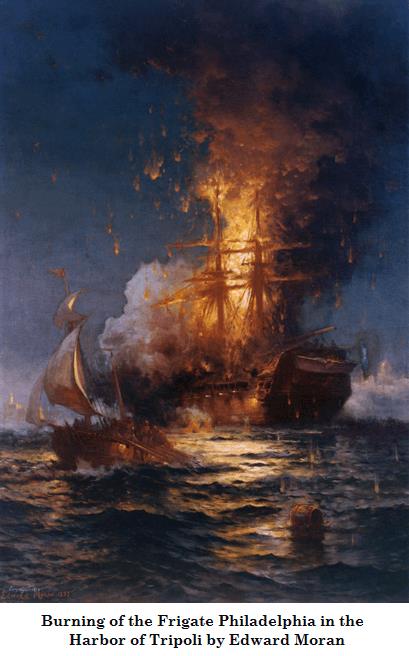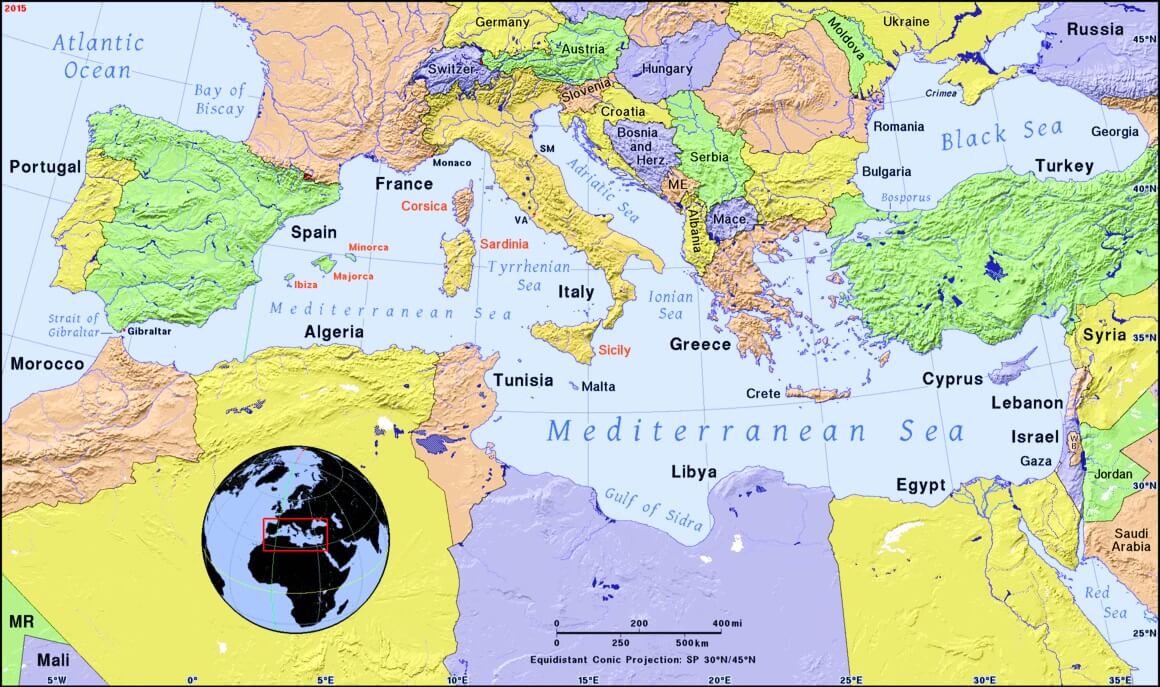 Stories of Great Americans for Little Americans
Stories of Great Americans
Stories of Great Americans for Little Americans
Stories of Great Americans


 Stories of Great Americans for Little Americans
Stories of Great Americans
Stories of Great Americans for Little Americans
Stories of Great Americans

Study the lesson for one week.
Over the week:
In the story, the Americans boarded and destroyed the Philadelphia using stealth and deception.
Activity 1: Narrate the Story
Activity 3: Study the Story Picture
Study the picture below. Zoom in to see the details and find the following:

Activity 4: Map the Story
